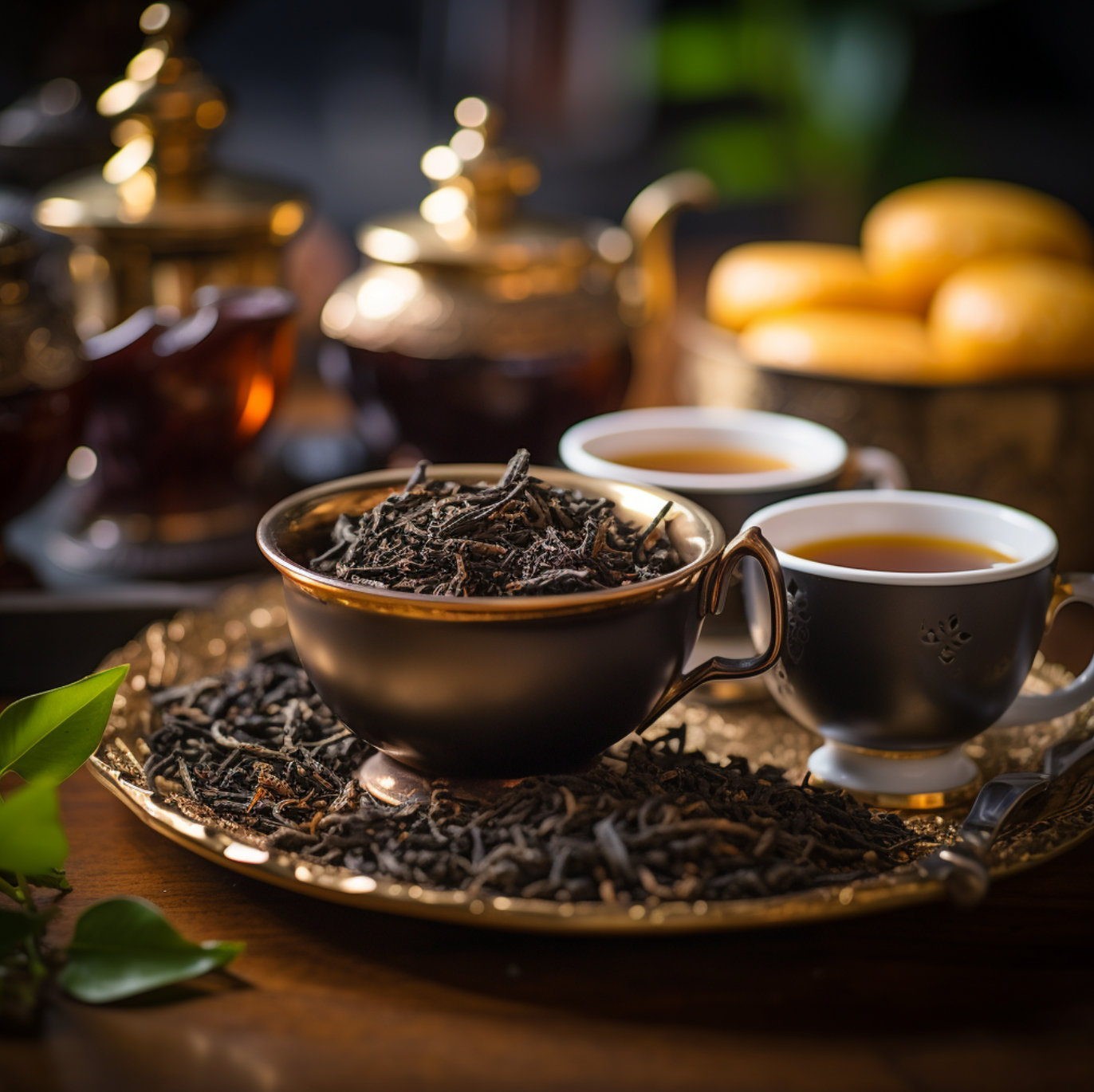Article: Can Tea Expire?How to store tea.

Can Tea Expire?How to store tea.
Tea, like many pantry staples, often prompts the question: Can it expire? While tea doesn't "expire" in the traditional sense, it does undergo changes that can affect its flavor, aroma, and overall quality. Over time, tea leaves can lose their potency, becoming stale or bland.

This degradation is influenced by factors such as exposure to air, moisture, light, and temperature. Proper storage is key to extending the shelf life of tea. Keeping it in airtight containers, away from direct sunlight and moisture, helps preserve its quality. Although old tea may not make you sick, its sensory attributes might not be as pleasing. The type of tea also plays a role; for example, tightly rolled oolong teas or pu-erh teas can actually improve with age under the right conditions. In summary, while tea doesn't expire in a way that makes it unsafe to consume, its enjoyment factor might diminish over time if not stored properly.
For optimal tea storage, use opaque, airtight containers to protect against air, moisture, and odors. Store in a cool, dry place away from direct sunlight and heat sources to prevent degradation. Separating different tea types, especially flavored from unflavored, helps maintain their distinct aromas. Regularly check for freshness and consume within recommended time frames to enjoy the best flavor.
Storing tea correctly is crucial to preserving its flavor, aroma, and health benefits. To maintain the quality of your tea, follow these guidelines:
Airtight Containers: Store tea in airtight containers to prevent exposure to air, which can lead to oxidation and loss of flavor. Metal tins or glass jars with tight seals are ideal.
Avoid Light and Heat: Keep tea away from direct sunlight and heat sources. Light and heat can degrade the quality of tea, so a cool, dark cupboard is a perfect spot.
Control Humidity: Moisture can ruin tea, leading to mold growth. Ensure your storage area is dry. Silica gel packets can help absorb excess moisture in humid climates.
Separate Flavors: Strongly scented teas can transfer their aroma to other teas. Store flavored teas separately from unflavored ones to prevent cross-contamination of flavors.
Bulk Storage vs. Daily Use: If you buy tea in bulk, consider keeping a small amount in a smaller container for daily use and the rest in a larger, airtight container. This minimizes the exposure of the bulk tea to air.
Labeling: Mark containers with the type of tea and the purchase or opening date. This can help you track the freshness and consume older teas first.




